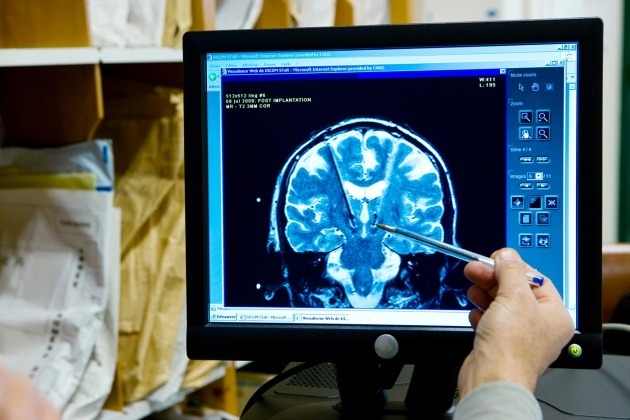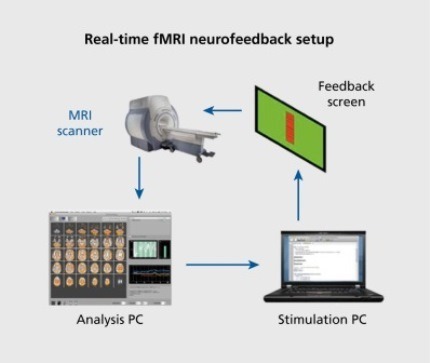Posts Tagged ‘mental processes’
Responsible neuroengineering: Neurotechnology and artificial intelligence (AI) can enhance our lives if it preserves our 1) privacy, 2) identity, 3) agency and 4) equality, researchers say
_____ Four ethical priorities for neurotechnologies and AI (Nature): Artificial intelligence and brain–computer interfaces must respect and preserve people’s privacy, identity, agency and equality, say Rafael Yuste, Sara Goering and colleagues. “Consider the following scenario. A paralysed man participates in a clinical trial of a brain–computer interface (BCI). A computer connected to a chip in…
Read MoreResearchers propose four “neurorights” to harness neurotechnology for good: cognitive liberty, mental privacy, mental integrity, and psychological continuity
— A new category of human rights: neurorights (BioMed Central): “Neuroscience provides us with an insight into the mental processes underpinning human behavior: thanks to rapid advances in neurotechnology it is possible to record, monitor, decode and modulate the neural correlates of mental processes with ever more accuracy. In this rapidly evolving technological scenario
Read MoreStudy: Harnessing fMRI neurofeedback to enhance attention and cognitive potential
. Real-time brain feedback reduces attention lapses (News at Princeton): “In an article published online Monday by the journal Nature Neuroscience, researchers at Princeton University describe a study that shows training people using real-time feedback from their own brain activity can reduce the frequency of attention lapses and improve their ability to sustain attention.
Read More


